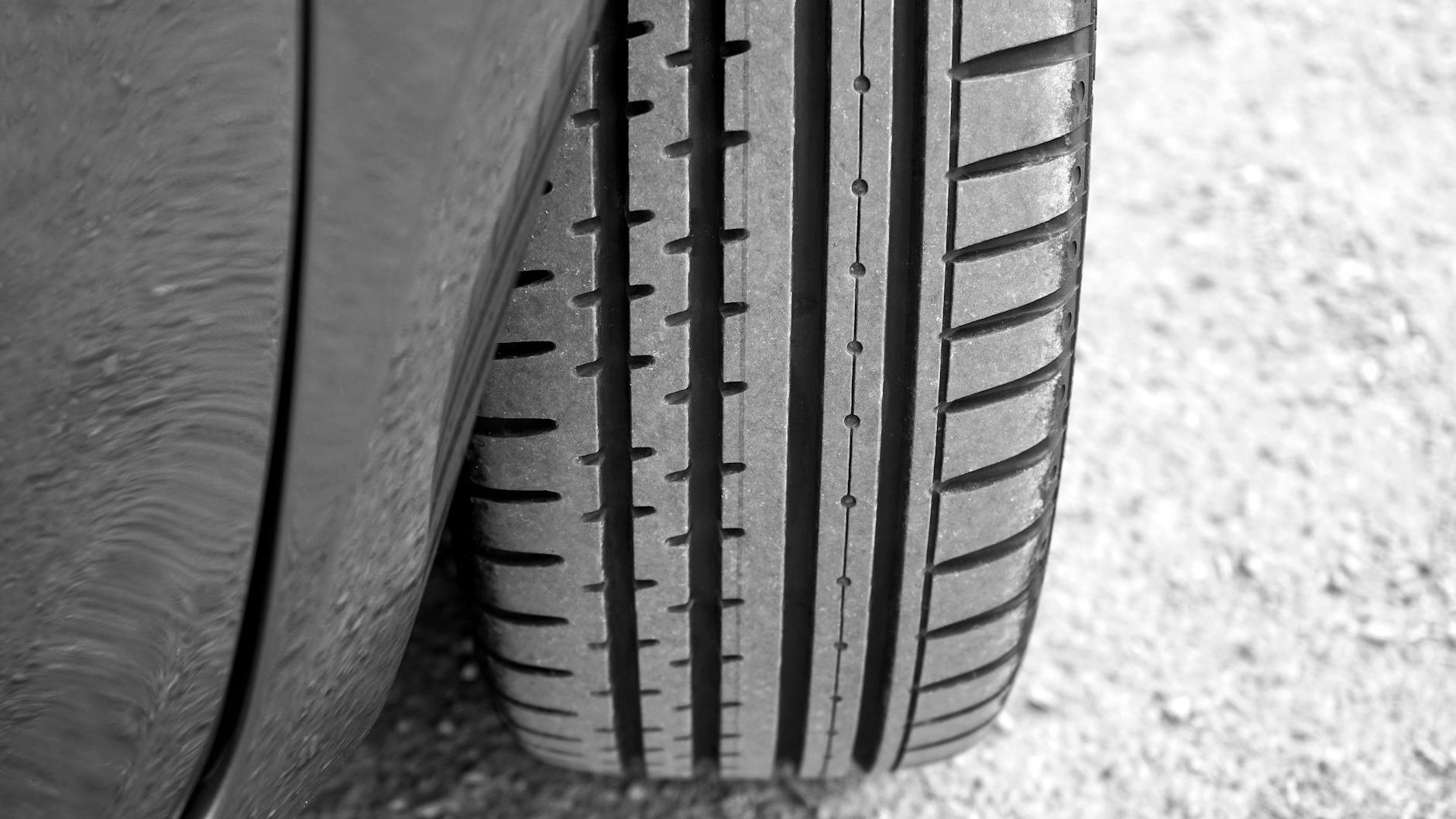
Precision Performance: Suspension Check to Wheel Alignment
The Art of Suspension Checks: Balancing Act for Smooth Rides
Imagine your car's suspension system as a finely tuned orchestra, delicately balancing comfort, stability, and handling. Just like a skilled conductor wields a baton to maintain harmony among musicians, a suspension check ensures that your vehicle's ride remains smooth and controlled. Utilizing advanced diagnostic tools, experienced technicians meticulously examine your suspension components, identifying potential issues before they escalate into major problems. During a suspension check, mechanics inspect key elements such as shock absorbers, struts, springs, and linkages. Any signs of wear and tear, leakage, or misalignment can disrupt the equilibrium of your vehicle, leading to uneven tire wear, poor handling, and discomfort for passengers. By addressing these issues proactively, you not only enhance driving comfort but also extend the longevity of your vehicle.
In the intricate ballet of automotive maintenance, precision performance hinges upon a delicate balance of attention to detail, expertise, and proactive care. From suspension checks that preserve ride quality to wheel alignments that steer toward optimal performance, each service is a vital note in the symphony of automotive maintenance. Embrace the rhythm of maintenance, and relish the smooth, controlled drive that follows.
1. Why is wheel alignment important for my vehicle's performance? Wheel alignment ensures that your tires make optimal contact with the road, promoting even wear and precise handling for a safer, more efficient drive. 2. How often should I have a suspension check performed on my vehicle? It is recommended to have a suspension check conducted at least once a year or whenever you notice signs of unusual noises, vibrations, or handling issues. 3. What are the benefits of regular maintenance services like oil changes and tire rotations? Regular maintenance services help extend the lifespan of your vehicle, improve fuel efficiency, and prevent costly repairs down the road. 4. Can neglecting wheel alignment lead to safety hazards on the road? Yes, neglecting wheel alignment can result in decreased steering responsiveness, uneven tire wear, and compromised handling, posing safety risks for both you and other road users. 5. How can I determine if my vehicle needs a battery replacement? If you notice symptoms such as slow engine cranking, dashboard warning lights, or frequent jumpstarts, it may be time to consider a battery replacement for optimal performance.